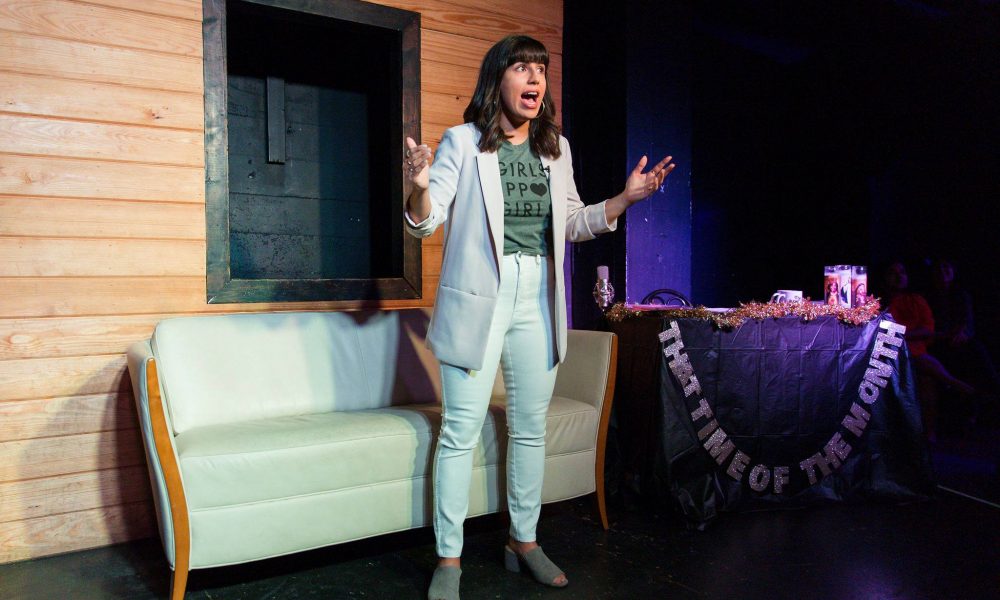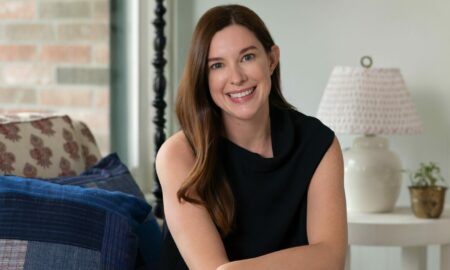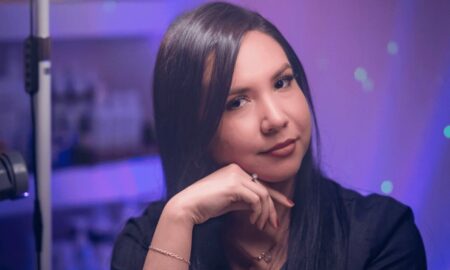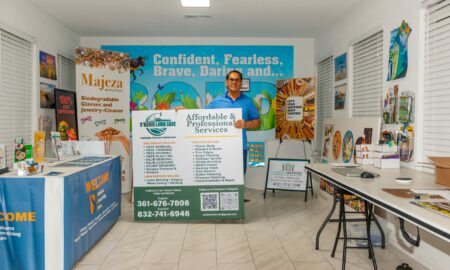

Today we’d like to introduce you to Meghan Ross.
So, before we jump into specific questions, why don’t you give us some details about you and your story.
I started writing comedy towards the end of college and completed the Advanced Studies program for improv and sketch at Upright Citizens Brigade Theatre when I was living in New York. I was also working in the media and entertainment industry by day (first a media buyer for national broadcast, then in marketing at SundanceTV, and later a social producer for VICELAND), and eating $1 pizza on street corners before performing at shows in bar basements at night. It’s exactly as glamorous as it sounds.
5 years into pursuing comedy, my friend and sisterwife from another misterwife Liisa Murray and I decided to create That Time of the Month, an all-women late night show, as a response to the comedy show lineups we saw lacking in diversity and inclusiveness, and the fact that there had never been a woman late night host on a broadcast network (Joan Rivers had a brief stint as guest host on NBC’s The Tonight Show before being banned from it after leaving to host The Late Show on Fox, which she was quickly fired from; and Full Frontal with Samantha Bee premiered a year after our show, but was on a cable channel ).
When I re-launched the show in March 2017 after moving to Austin (following a brief hiatus for post-election mourning), I added a Strong Female Lead(er) interview segment: an activist, entrepreneur, or subject matter expert kicking ass in their community. I also started partnering with local, women-owned businesses to sponsor the show with prizes and giveaways, as a way to showcase and promote other kickass women entrepreneurs and business owners in the Austin community who inspire us.
The show is on its fourth year now, and I’m incredibly proud of how it’s evolved to highlight issues that are most important to me, as well as the inspiring women who we feature on it, from criminal justice reform and marijuana legalization during our 4/20-themed show, to the ongoing battle for reproductive rights during our most recent show. And yes, we do comedy, too. Women truly can have it all: lack of bodily autonomy AND a good sense of humor.
Has it been a smooth road?
It definitely hasn’t, but I don’t know many people who’ve pursued their passion, and it’s all smooth sailing (trying to start a career in comedy is as smooth as… The Titanic?). One challenge for me has always been the balance between working a full-time job and performing, writing, producing, and directing comedy outside of that. Some people are lucky enough to be able to do comedy full-time (I won’t reveal how many of those people have trust funds), but since I’m still establishing myself in the industry, a lot of the gigs I’ve done along the way have been unpaid.
In the last couple of years, I finally started making some money off my comedy, but not enough to be dependent on it as a form of revenue. I know this answer isn’t that sexy, but I think most folks don’t realize how hard it is to turn comedy into a real career, and the hustle that goes into it that can last decades until you have your “big break.” It’s also an extremely competitive industry, so I try to stay realistic about my career goals by learning as much as I can about every aspect of TV/film. Writing and producing is my bread and butter, but I’m also interested in directing more.
Please tell our readers more about your work, for example, what you’re most proud of and what sets you apart from others.
I write, host, produce, book, and promote That Time of the Month, so even though I spend more than I earn on the show, I run it like a business. I’ve witnessed a lot of poorly-run comedy shows and mismanaged comedy theaters, and I’ve learned how important it is to maintain a level of professionalism and respect with any project I work on. I used to joke that the biggest takeaway I wanted people to have from watching my show is not that I’m the funniest, but that it’s the best-produced show they’d ever attended. Also probably the only time you see me apply my business degree, just barely.
I also wrote, directed, and produced my first short film last winter, An Uncomfortable Woman. I applied an inclusion rider to the production, hiring an all-women and POC crew and cast, which is what I plan to do for all future projects of mine. Industry leaders often forget that diversity isn’t just who you see on the screen — it’s also who you’re hiring to shape the vision and tell the story. My ultimate goal is to run my own production company that only funds and produces films and shows about people from marginalized communities, and assuring the crew reflects that as well.
Let’s touch on your thoughts about our city – what do you like the most and least?
I love how supportive and collaborative Austin is — from its activists to its business owners. That Time of the Month wouldn’t flourish without the people around me who make it great each month, and I don’t think I would have been able to make my short film without the support I received from everyone here.
I dislike the rapid gentrification (I know I contribute to it), and some of the fake wokeness (do people still call it that?) you see exhibited around the city. Austin is progressive in comparison to other parts of Texas, but it’s not as intersectional as others make it out to be.
Pricing:
- Tickets to That Time of the Month are $10 online, $12 at door: bit.ly/TTOTMPride
Contact Info:
- Website: bit.ly/TTOTMPride
- Instagram: instagram.com/meghanrross, instagram.com/ttotmshow
- Facebook: facebook.com/thattimeofthemonth
- Twitter: twitter.com/meghanrross, twitter.com/ttotmshow
- Other: meghanrross.com





Image Credit:
That Time of the Month photos by Bonica Ayala
An Uncomfortable Woman solo set photo by Bonica Ayala
An Uncomfortable Woman BTS set photos by Ursula Rogers
Getting in touch: VoyageHouston is built on recommendations from the community; it’s how we uncover hidden gems, so if you know someone who deserves recognition, please let us know here.

















